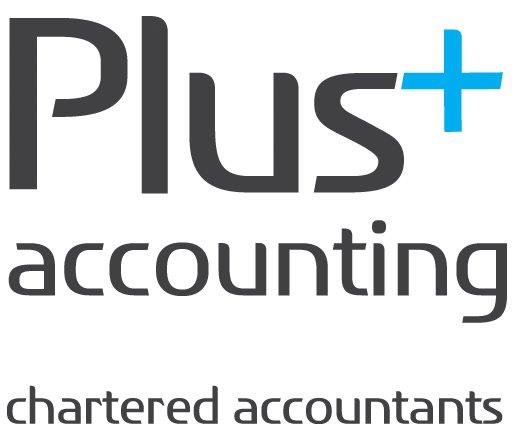

Feist Hedgethorne Limited t/a Plus Accounting, Chartered Accountants

East Sussex, United Kingdom
August 2024
Accounting & auditing
Service with Minor Environmental Footprint
United Kingdom
Why Choose Plus Accounting? At Plus Accounting, we believe in doing business differently. As a B Corp certified firm, we are committed to delivering not just exceptional tax and accounting services, but also contributing positively to the communities we are part of. We offer a full spectrum of financial services, from supporting startups to guiding businesses ready to scale or even sell. Our mission is to empower businesses to achieve financial clarity and efficiency while making a meaningful impact. What truly makes us stand out from the crowd is our deep-rooted commitment to our clients and their goals. We don't just work for you; we work with you. We take the time to understand what drives your business, your values, and your vision for the future. This personalised approach allows us to tailor our services to your unique needs—whether it's setting up an efficient Xero accounting system, optimising profitability, or navigating complex tax regulations. Beyond numbers, Plus Accounting is an active participant in the local business ecosystem. We look to support local business events, share insights through our blog, and maintain a strong network of professional contacts. These connections enable us to offer additional support in areas like legal matters, HR, workplace pensions
Overall B Impact Score
Governance 11.8
Governance evaluates a company's overall mission, engagement around its social/environmental impact, ethics, and transparency. This section also evaluates the ability of a company to protect their mission and formally consider stakeholders in decision making through their corporate structure (e.g. benefit corporation) or corporate governing documents.
What is this? A company with an Impact Business Model is intentionally designed to create a specific positive outcome for one of its stakeholders - such as workers, community, environment, or customers.
Workers 35.5
Workers evaluates a company’s contributions to its employees’ financial security, health & safety, wellness, career development, and engagement & satisfaction. In addition, this section recognizes business models designed to benefit workers, such as companies that are at least 40% owned by non-executive employees and those that have workforce development programs to support individuals with barriers to employment.
Community 29.7
Community evaluates a company’s engagement with and impact on the communities in which it operates, hires from, and sources from. Topics include diversity, equity & inclusion, economic impact, civic engagement, charitable giving, and supply chain management. In addition, this section recognizes business models that are designed to address specific community-oriented problems, such as poverty alleviation through fair trade sourcing or distribution via microenterprises, producer cooperative models, locally focused economic development, and formal charitable giving commitments.
What is this? A company with an Impact Business Model is intentionally designed to create a specific positive outcome for one of its stakeholders - such as workers, community, environment, or customers.
Environment 7.0
Environment evaluates a company’s overall environmental management practices as well as its impact on the air, climate, water, land, and biodiversity. This includes the direct impact of a company’s operations and, when applicable its supply chain and distribution channels. This section also recognizes companies with environmentally innovative production processes and those that sell products or services that have a positive environmental impact. Some examples might include products and services that create renewable energy, reduce consumption or waste, conserve land or wildlife, provide less toxic alternatives to the market, or educate people about environmental problems.
Customers 4.7
Customers evaluates a company’s stewardship of its customers through the quality of its products and services, ethical marketing, data privacy and security, and feedback channels. In addition, this section recognizes products or services that are designed to address a particular social problem for or through its customers, such as health or educational products, arts & media products, serving underserved customers/clients, and services that improve the social impact of other businesses or organizations.